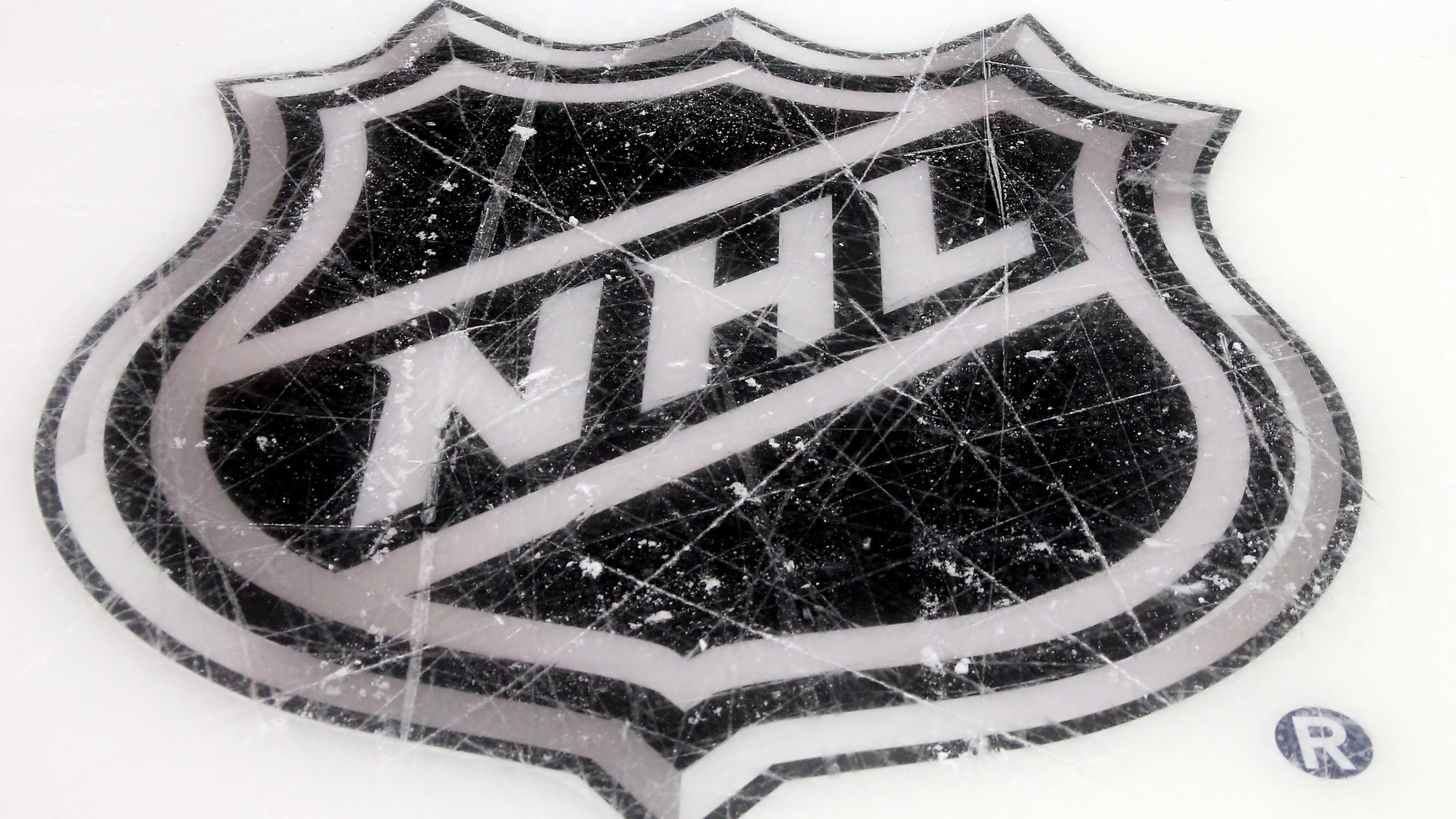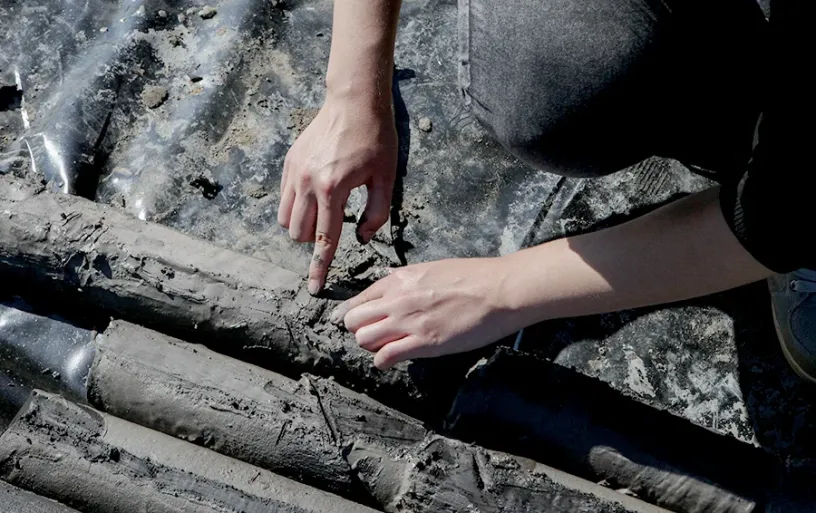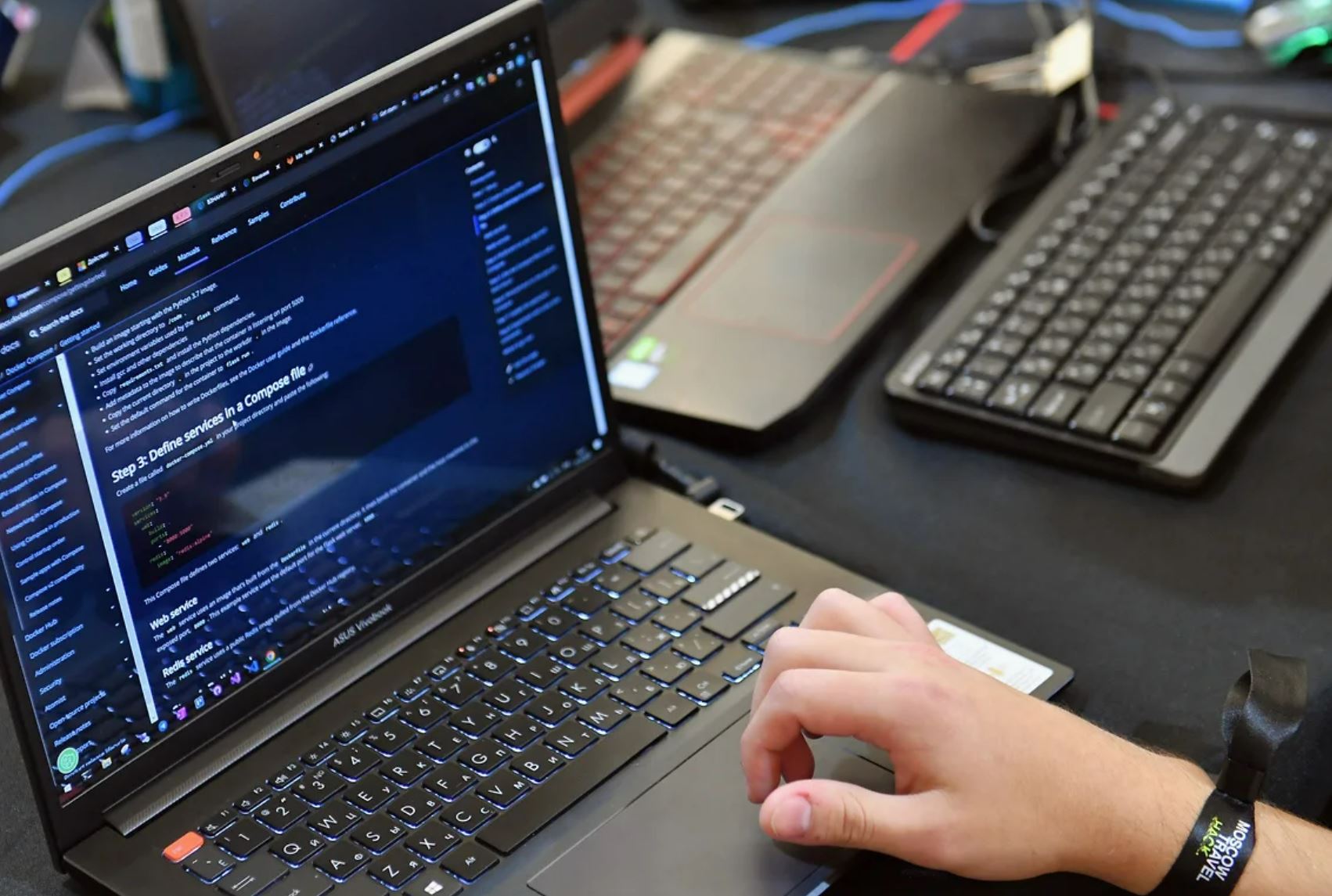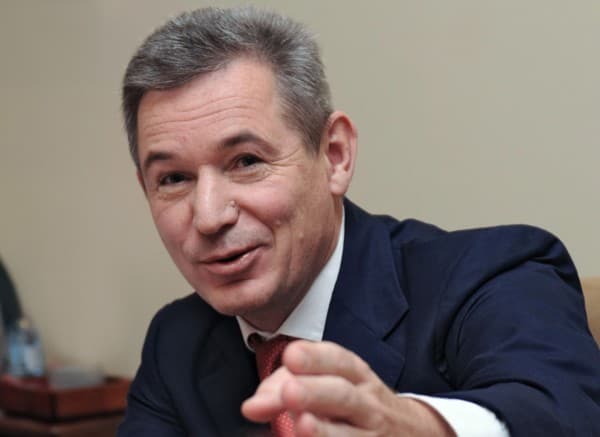The interest in hockey on the part of Russian businessmen is not surprising, since Vladimir Putin is fond of it. But there are a lot of fans of the sport in the U.S.
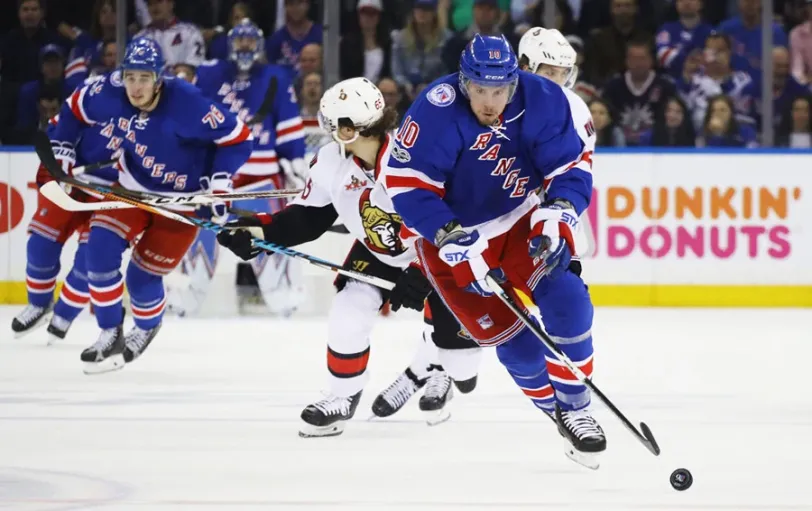
Today, October 4, the National Hockey League (NHL) season begins. Among the owners of NHL teams are quite a few representatives of Forbes. One of them is Jeremy Jacobs, president of Delaware North (a catering and hospitality company) (No. 402 in the Forbes world rankings, worth $4.4 billion), who owns the Boston Bruins. The NHL’s oldest team, part of the league’s so-called “Original Six” founders, was bought by the billionaire in 1975 for $10 million. In 2016, the Boston Bruins were valued by Forbes at $800 million, up 7 percent from the previous year, and its revenue reached $169 million, $69 million of which came from ticket sales. The six-time Stanley Cup winners spent $76 million on player salaries.
The Detroit Red Wings team owned by Little Caesars Pizza owners Mike and Marianne Ilitch (No. 239 in the Forbes global ranking, $6 billion fortune) went up 4% in 2017. Ilitch bought the team in 1982 for $9 million; today the club is an eleven-time Stanley Cup winner and is valued by Forbes at $625 million. Detroit Red Wings management said back in April 2017 that they would not let their players, whose contracts total $75 million, go to the Olympics in Korea. This reaction is not surprising, because after sending 10 hockey players to the Sochi Olympics in 2014, the team was eliminated in the first round of the NHL playoffs, while the Los Angeles Kings, who sent only six hockey players, took the trophy. The Los Angeles Kings are owned by American investor Philip Anschutz, who bought the team in 1995 for $113 million. In the 2016 season, the club brought in $142 million for the billionaire, while having some of the highest player costs in the league at $80 million per year. The team’s value in 2016 was estimated by Forbes at $600 million.
The Detroit Red Wings debacle was not the NHL club’s first bitter experience in the Olympics. A similar case occurred in 2006, when a team from Detroit also sent 10 of its hockey players to the Olympics and failed to make the first round of the playoffs. Then Detroit Red Wings’ bandmates in misfortune also became the Colorado Avalanche, owned by billionaire Stan Cronk (#182 in Forbes’ global ranking, worth $7.5 billion), which also sent 10 players to Torino and were eliminated in the second round of the playoffs. The team added to Kronke’s collection of sports assets in 2000 and cost the owner $202 million. The Colorado Avalanche never managed to win a single Stanley Cup after the 2006 debacle to the present. In 2016, the club spent $66 million on player salaries and was valued by Forbes at $360 million.
Among the most recent acquisitions in the NHL was the purchase of the Florida Panthers in 2013 by American billionaire trader Vincent Viola (No. 1030 in Forbes’ global ranking, worth $2 billion). The deal was valued at $160 million; over the next three years, the club was able to increase its value to $235 million. Florida Panthers earnings for the 2016 season are estimated by Forbes at $100 million, with the team’s debts reaching nearly half of its value. Heavy debt, however, is not a reason for the Florida Panthers to save money: the club spent $67 million on players in 2016. In 2011, billionaire Terry Pegula (No. 427 in Forbes’ global ranking, $4.1 billion fortune) owned the Buffalo Sabres team, paying $165 million to buy it. Five years later, the club has $116 million in revenue and is valued by Forbes at $300 million. The team has yet to win an NHL playoff game, which doesn’t stop it from making about $40 million from selling ice arena seats. Another recent purchase was the 2008 acquisition of the Edmonton Oilers by pharmaceutical chain Rexall president Daryl Katz (No. 693 in Forbes global rankings, $3 billion fortune) for $170 million. In 2016, after losing 2% of its value, the team was valued by Forbes at $445 million. The five-time Stanley Cup winners’ player costs for the season reached $69 million and revenue of $117 million, of which $54 million came from ticket and season ticket sales.
The NHL’s most expensive team, the New York Rangers, whose value was estimated by Forbes at $1.25 billion, since 1997 belongs to Madison Square Garden, whose president is the son of American TV mogul Charles Dolan (#359 in the Forbes global ranking, worth $4.6 billion) James Dolan. Last season the team made $219 million and ticket sales alone brought in $92 million. Forbes estimates that the New York Rangers spent $82 million on players. Along with the team, the Madison Square Garden in New York is one of the most expensive arenas in the United States – it cost $1.1 billion to build.
In Russia, hockey is not very popular among the population, but it is popular among big businessmen, helped along by President Vladimir Putin’s passion for this sport. In 2011, the country even got its own NHL – Night Hockey League, created at the initiative of Putin, then the Prime Minister of Russia. Putin stepped on the ice for the first time on his inauguration day, May 7, 2012, and has since missed only one annual NHL gala-match.
The league is run by the Night Hockey League LLC and the Night Hockey League Foundation, whose board of trustees was chaired by Vladimir Potanin, president of MMC Norilsk Nickel. #2 95% of the Night Hockey League is owned by JSC SoyuzFlot Port, a subsidiary of Novorossiysk Commercial Sea Port Group (NCSP, principal owners are Transneft and Summa Group of Companies Zayavudin Magomedov # 185 ).
On May 10, 2017, the president played for the Hockey Legends team in a game against the Night League Stars. In addition to Putin, the Legends team included Defense Minister Sergei Shoigu, former USSR national team player Vyacheslav Fetisov, now a senator, Alexei Kasatonov, Pavel Bure, and others. The opposing team could have been called “Billionaires of the Night League” instead of “Stars,” as it included KHL chairman Gennady Timchenko #8 , SMP Bank chairman Arkady Rotenberg #53 along with his brother Boris #88 and nephew Roman, Nornickel president Vladimir Potanin #2 , and Moscow Region governor Andrey Vorobyov.
The Night Hockey League was originally conceived as an amateur hockey league, but the main sports passions boil over in professional sport – the Kontinental Hockey League, to which many billionaires who play with Putin are directly related. Timchenko, for example, is president of the league’s richest club, the SKA St. Petersburg, and Roman Rotenberg is the team’s vice president. SKA, a two-time Gagarin Cup winner, spent $51 million on players in 2016, the most in the league. On September 27, SKA hockey players proved once again that the investment was justified with their 16th straight win of the season over Siberia in Omsk. The most sensational match was the meeting with the league underdog “Ugra” on the 23d of September, which SKA defeated with a score 9-1. By the way, the amount of support from the KHL, which the teams will receive in the 2017/2018 season, is approximately the same: SKA will receive 40.45 million rubles, and Yugra – About 5.8 million rubles, that is 1 to 7. The amount of remuneration is calculated by the league based on nine parameters, including stand occupancy, television ratings and sports results.
In addition to managing SKA, Timchenko is the chairman of the KHL’s board of directors, on which Arkady and Roman Rotenberg and Viktor Rashnikov, MMK’s largest shareholder, are also members. Some members of the league’s board of directors also own their own clubs. Since 2008 the team of Severstal owner Alexei Mordashov #5 has been playing in the KHL. Rashnikov’s club Metalurg is currently in 4th place in the Kharlamov Western Division. In addition to his presidency at SKA, Gennady Timchenko, together with Arkady and Boris Rotenberg, acquired a 49% stake in the Finnish club Jokerit, which has played in the KHL since the 2014/2015 season, in 2013.
Revenues for all KHL teams, according to its president, Dmitry Chernyshenko, amount to 50 billion rubles ($859.2 million), 52% of which are financed by state companies or directly from the budget. Commercial income of KHL teams, according to Chernyshenko, has only 14% share, another 30% is the support of private sponsors. By comparison, the NHL’s 30 teams had combined revenues of $4.101 billion last season, 36.5 percent of which came from ticket sales.
Unlike the North American League, the KHL has a slightly different approach to industry development. At a board meeting in May 2017, it was decided to increase the commercialization of the league, but the successful performance of hockey players in international competitions was also given an important role. This is evidenced by the presence of national team game breaks in the 2017/2018 season schedule, the longest of which, from January 24 to February 25, is for the PyeongChang Olympics.
The new KHL development strategy includes reducing the number of teams from 27 to 24 and tightening the player spending ceiling of 900 million rubles ($15.5 million), with a further reduction to 600 million rubles ($10.3 million) by 2021. In addition, at a meeting of the KHL board of directors held on September 15, 2017, it was decided to distribute 252 million rubles ($4.3 million) of income from the sale of television broadcasting rights and another 100 million rubles ($1.708 million) depending on match attendance to the clubs.
